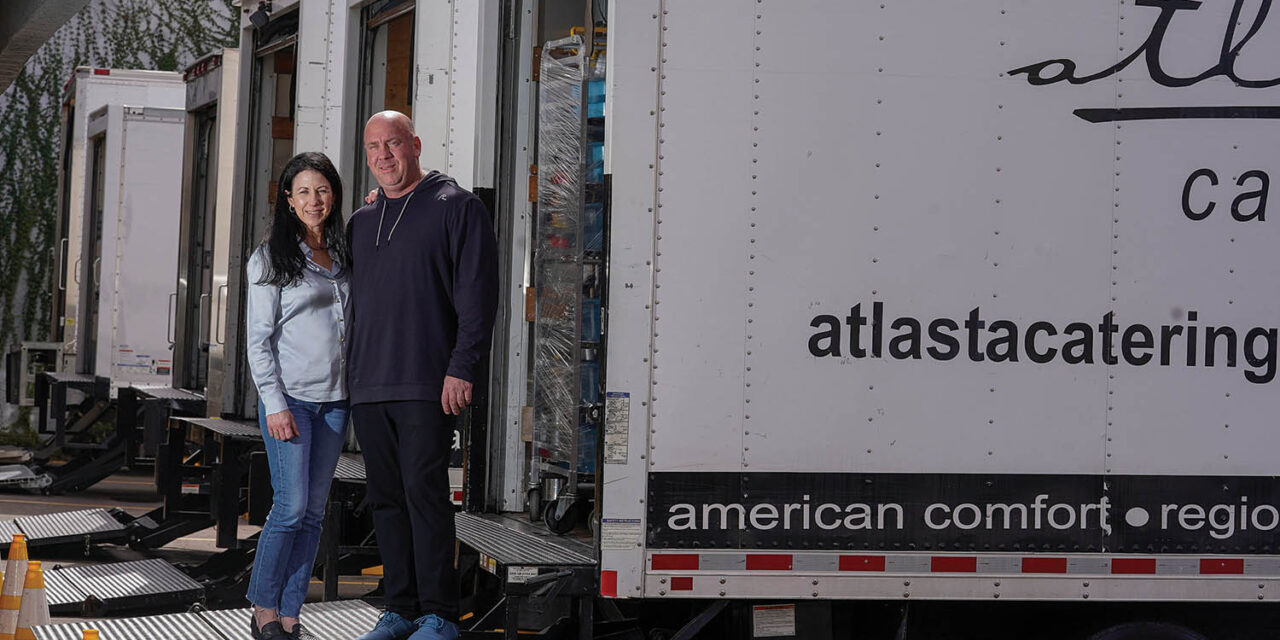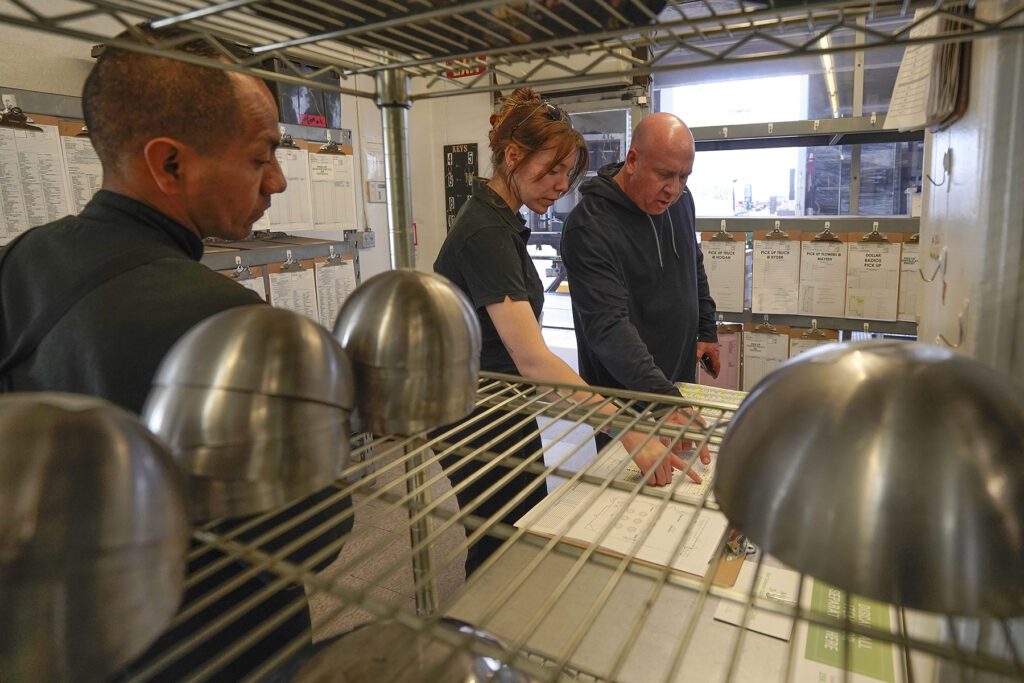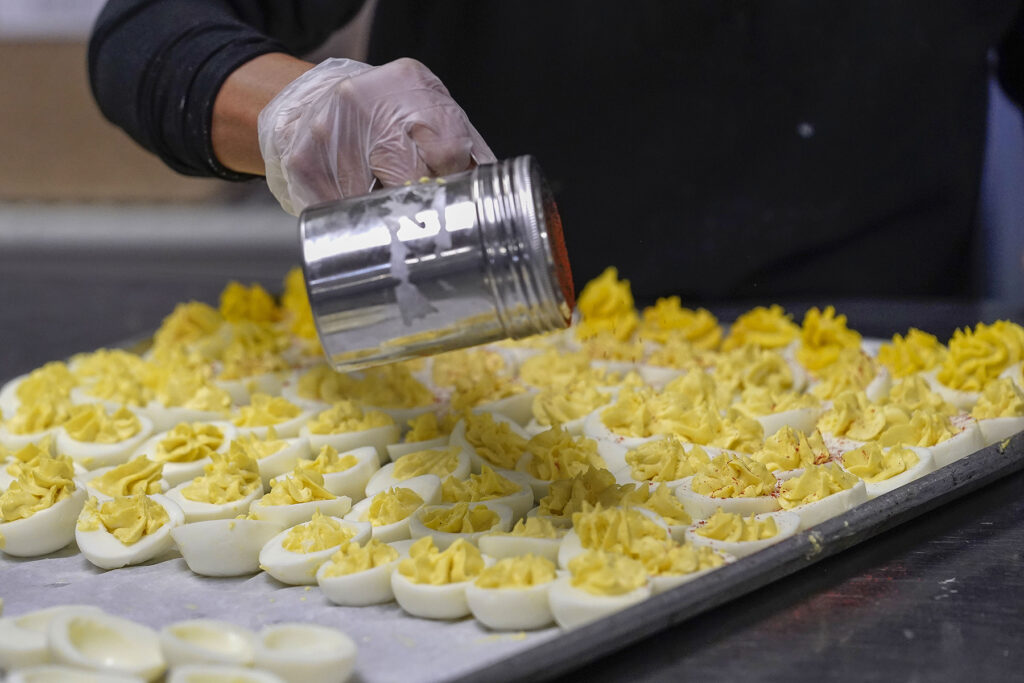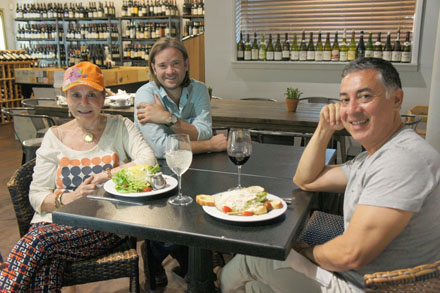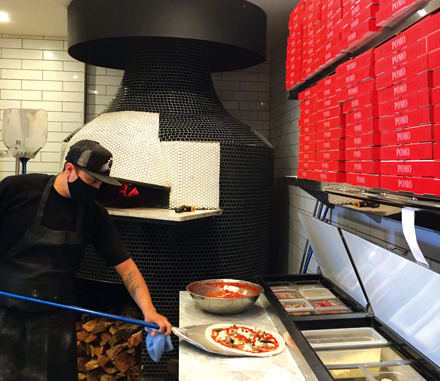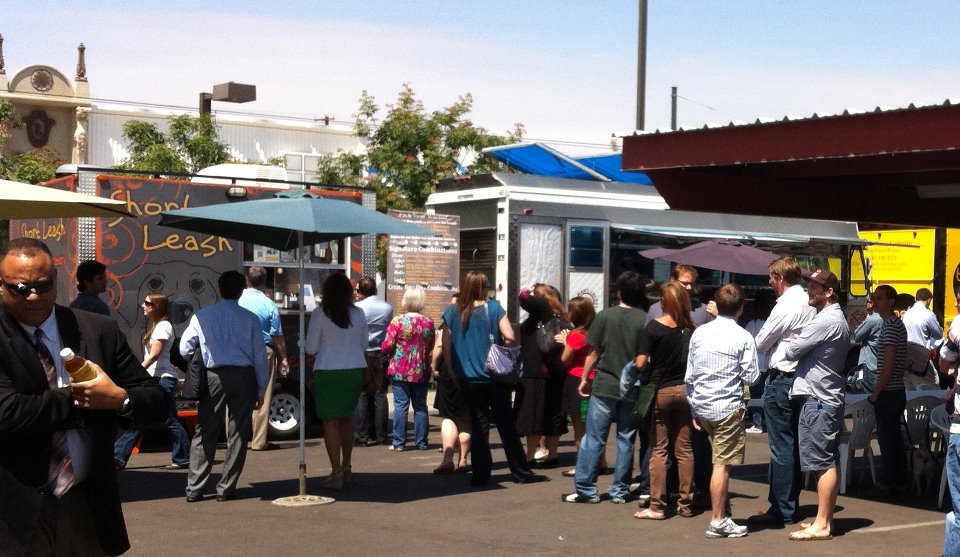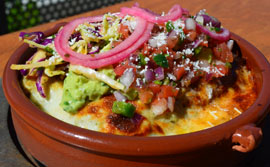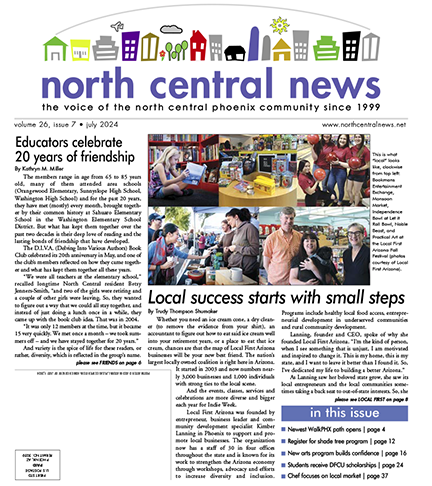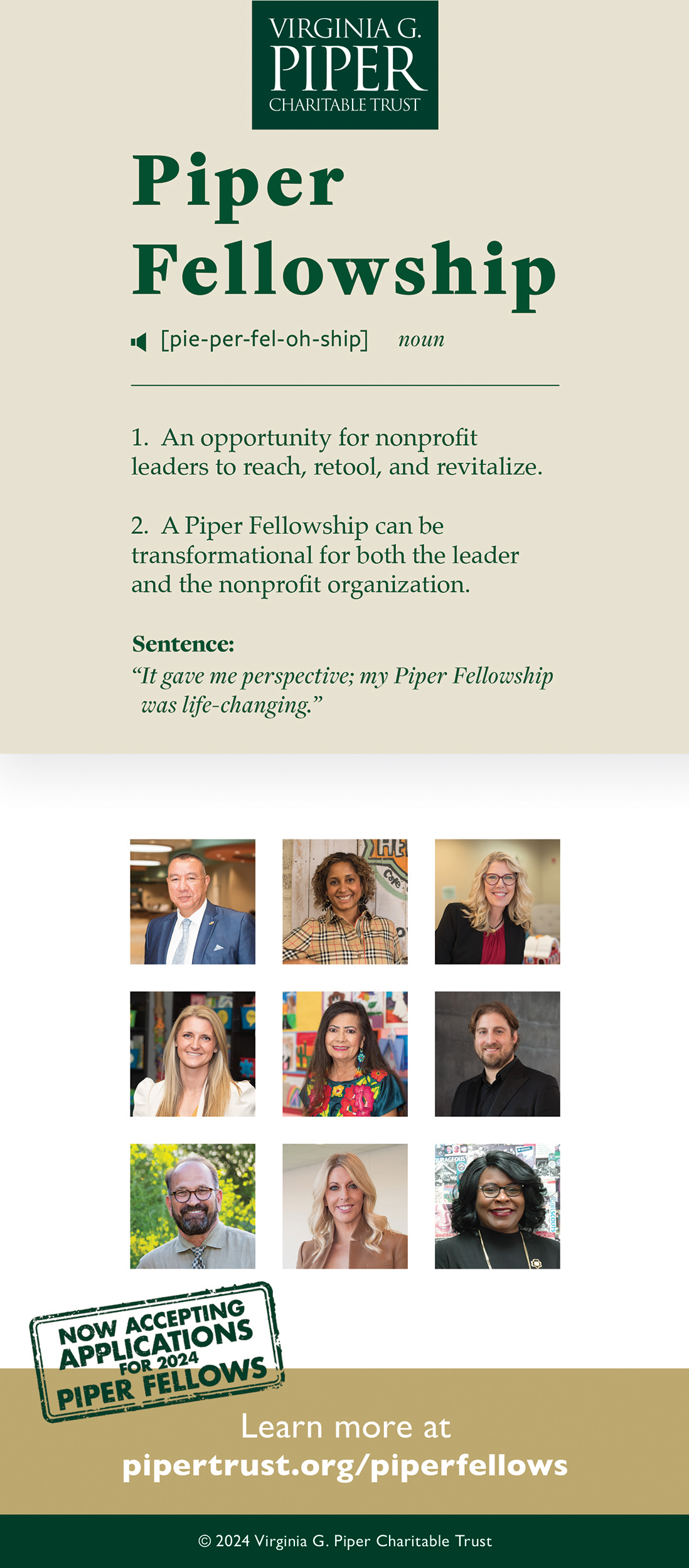
About 15 years ago, Atlasta Catering and Events Concepts owners Steve and Kristine Short were on vacation in California and visited a bookshop. Steve picked up a volume about Maine yogurt producers and their organic business practices, and that one book fundamentally changed their thinking — moving the Shorts and their company in the direction of sustainability.
“Kristine and I were at a place where we could pivot and redesign the company in a very stressful, challenging time, the recession of 2008,” Steve said. “I read this book and something resonated with me. It was an inspiration at a time when I needed it.”
Steve’s culinary career started as a high-schooler, working the catering business his father began 45 years ago. That was in a 300-square-foot kitchen on 19th Avenue and Camelback.
“There was enough room for a table and an oven and a refrigerator,” Steve said.
In the late ’80s the company moved to a single suite in a strip mall farther north on 19th Avenue.
Kristine joined the company as a banquet server while she finished college. Today, after buying Atlasta from Steve’s father, they manage a company that has weathered multiple storms, including recessions and a pandemic, and still is thriving, with 100 employees. Eventually, they bought the entire property.
Kristine is CEO, managing sales, marketing and finances, and Steve is COO, responsible for recipe and menu development and operations. Today, Atlasta each day sends out eight to 10 portable kitchens — with culinary teams, refrigerators, ovens and grills, food, beverages, serving dishes and uniforms — packed into a fleet of large vans. They can operate in a park, 10 stories up in corporate offices, backyards, wherever needed to serve restaurant-style meals. They also manage the restaurant and catering at ASU’s University Club and cater special events at several Valley destinations including the Desert Botanical Garden and the Heard Museum.
Menus feature Arizona-inspired New American cuisine, building on an approach to cooking that has progressed from roots in such innovators as Alice Waters and her Chez Panisse restaurant in Berkely, California, to modern-day cooks such as Chris Bianco. Dishes are flavored with the ingredients and traditions of the Southwest that Steve learned growing up in Phoenix.
And they’ve stayed firmly in the sustainability lane, with such effective practices in place that true waste is limited to a single container in the production kitchen. It stands on a scale, and kitchen teams are held to account for every ounce.
On that trip to California 15 years ago, the book that caught Steve’s eye was “Stirring it up: How to Make Money and Save the World,” by Gary Hirshberg, owner of Stonyfield Farms Yogurt Company.
“It was all about sustainable agriculture, farming, business practices, words I wasn’t using at the time,” Steve said.
What followed has been a continual learning process, he said.
“When I came back from that first vacation, I didn’t really know what sustainability meant.”
He got expert help from an unexpected source. In 2009, Steve was meeting with a client, who, in a happy case of serendipity, was dating a man in the master’s program in the school of sustainability at ASU. She introduced the two, and it developed into a years-long collaboration.
“We started brainstorming,” Steve said. “Where does a company like this even start? What does sustainability mean? Is food sustainable? Can there be sustainable environments built into this business?”
“We started by looking at our dumpster, the biggest dumpster you could get. We were emptying it 362 days a year, only because they were closed three days a year.”
“Our food waste was the biggest contributor,” Steve said. “Now on average, we put about 300 pounds of loss (what they call waste) a week into the landfill. It took us six and a half years to get there.”
They use a three-pronged approach, starting by re-purposing leftover food to feed people who face food insecurity.
“We’re prepping now for a pickup from Waste Not, an organization that picks up food from us twice a week,” Steve said. “About 70,000 pounds goes out to people each year. It’s beautifully presented, and we prep for that the same way we prep for an event.”
Next, kitchen scraps go to feed animals that are not for slaughter — chickens, sheep, goats and the like — at farms that practice sustainability.
“We refrigerate the food in big blue barrels,” Steve said. “Nothing spoils. Two tons a week go out to the farms.”
The third destination is soil. Atlasta is testing a program where compostable items are sent to a worm farm south of town.
Packaging is sent for recycling.
“Everything in our facility has a place to go to,” Steve said. “There’s one container in the whole kitchen where you can put loss. Everybody sees you go to it, and we know exactly what’s in it.”
The Shorts credit the 2008 recession in part for their turn to sustainability.
“We almost lost the business,” Kristine said.
“I had to find something to keep me focused, and sustainability got me back to doing what I like, what I know, what I’m comfortable with,” Steve said. “Out of that came this expansive project that we’re still on. We’ll never be off the path. It’s who we are and how we live, and an adjustment in the way we see the world.”
Atlasta Catering and Event Concepts, at 10021 N. 19th Ave., offers a wide range of catering services. For more information, visit www.atlastacatering.com or call 602-242-8185.

